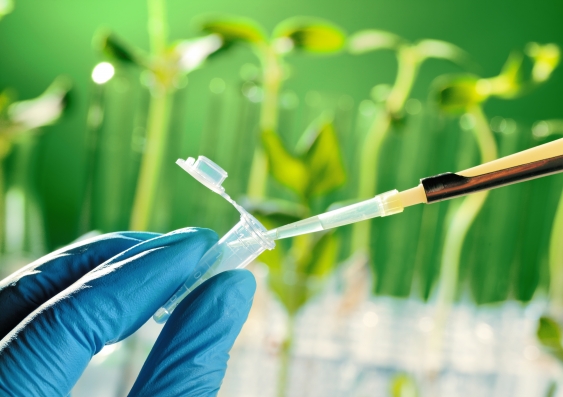UNSW biotech students head to Indonesia
Four UNSW students will have the chance to foster their entrepreneurial mindset as part of a New Colombo Plan exchange program to Jakarta.
Four UNSW students will have the chance to foster their entrepreneurial mindset as part of a New Colombo Plan exchange program to Jakarta.

Four UNSW students will have the chance to foster their entrepreneurial mindset, and gain an insight into Indonesia's emerging biotechnology industry, as part of a New Colombo Plan exchange program to Jakarta.
Bio-entrepreneurs are needed to navigate the path from innovative ideas in health and medicine to full-scale production, bringing products to the public that can improve health and well-being.
Program convenor Dr Wallace Bridge says Indonesia is establishing itself as a global hub for biotechnology and the biopharmaceutical industry, and offers fertile ground for upcoming bio-entrepreneurs.
The New Colombo Plan (NCP) scholarships are an initiative of the Australian government and aim to increase knowledge of the Indo-Pacific by supporting Australian students to study in the region.
UNSW’s bio-entrepreneurship NCP scholars will study at the i3L Institute, a private university established in Jakarta in 2014 to provide support for the growing biotechnology industry.
“The i3L Institute has its own ongoing research, where it is partnering with industry, so students will have the opportunity to work on those projects, as well as take up internship opportunities in Jakarta,” says Bridge.
Scientists sometimes have the attitude that they just do the science and then hand their innovation over to a business person and it will be successful. But in reality it doesn’t work that way – there has to be an entrepreneur who can champion it through all the different stages.
UNSW Bachelor of Commerce / Science student Donna Dao says the opportunity to do a practical placement was one of the main reasons she applied for the exchange.
“I hope to get a good sense of the biotechnology industry as well as being able to use the state-of-the-art equipment and facilities that i3L offers.
“Once I finish studying, I hope to work for a biotech company or a company in the biomedical field,” she says.
Dao hopes the exchange will help her create long-term connections with professionals in the biotechnology field.
“The scholarship will allow me to immerse myself in another culture while being able to learn how Indonesia is innovating in the biotechnological field. I can then take this experience back to Australia and understand how this country fits in with the region,” she says.
Bridge says the Australian government is establishing a range of initiatives that will benefit the biotechnology sector, so students need to learn not just the fundamentals of science but also the business of science.
“Scientists sometimes have the attitude that they just do the science and then hand their innovation over to a business person and it will be successful. But in reality it doesn’t work that way – there has to be an entrepreneur who can champion it through all the different stages.
“They need the knowledge to map the commercialisation pathway but they also need to develop the entrepreneurial mindset so they can drive it,” he says.
“Terrific ideas and innovations in health and medicine do no one any good until they actually get into the marketplace, but getting them there can be quite a journey.”